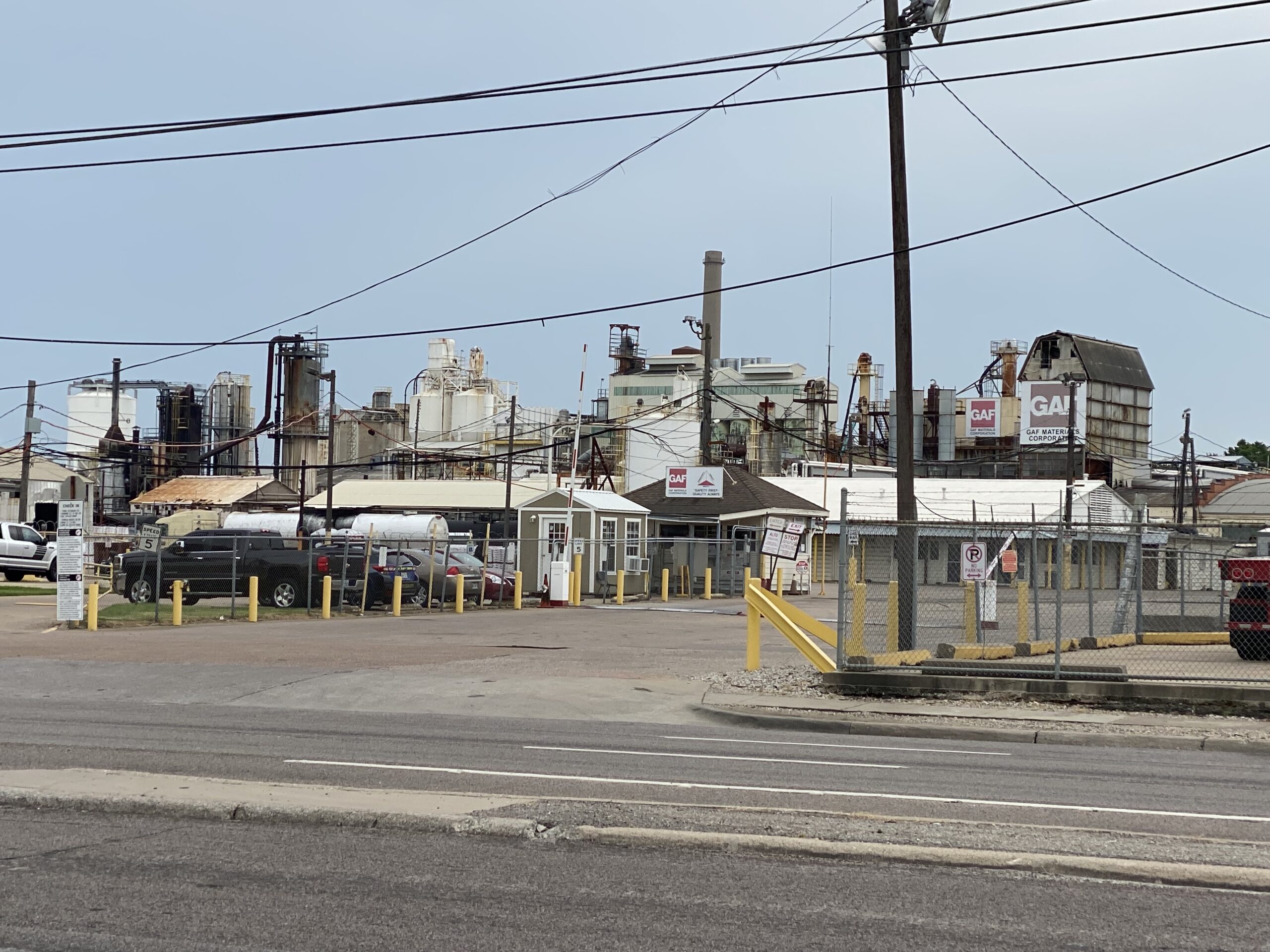Dallas residents who live near a nuisance business can petition the city to shut it down in a process called amortization. However, that process was recently turned on its ear by a new state law that requires cities to pay up if they determine that the bad neighbor needs to stop operating.
This year, the Texas Legislature passed Senate Bill 929, which requires cities to tell a property owner if it is proposing zoning changes—especially if it would mean the business no longer conformed with the zoning. If the owner must close, the business could be entitled to compensation from the city that ordered the closure.
Every municipality in Texas that uses amortization to regulate land use is now grappling with the ramifications of the new state law. On Tuesday, the city of Dallas’ Zoning Ordinance Advisory Committee met to discuss changes to the process proposed by the city attorney’s office.
Last month, those proposed changes drew criticism from residents and advocates because they also would eliminate the option for citizen-initiated amortizations. Instead, the City Council would have to initiate the process. That, critics say, is beyond what SB 929 requires.
“Under what staff has proposed, the City Council will still be allowed to request a compliance hearing from the board of adjustment,” said assistant city attorney Bert Vandenberg. “And residents will still have the ability to go to City Council meetings and sign up to speak and request their City Council members to do so.”
On Tuesday, the city attorney’s office stopped short of creating another option for residents to request amortization. Attorneys insisted that the public comment portion of City Council briefings and meetings provided residents with the ability to lobby the council.
Critics said that was unrealistic to ask of residents. Council meetings often last for hours and happen when people are working, excluding those who cannot take time off.
“Anybody who seriously suggests to solve city of Dallas problems by approaching the five-minute general speaking time at every City Council meeting has never tried to get anything from the Dallas City Council,” said Downwinders at Risk’s Jim Schermbeck. “That is obvious, and it is not a serious proposal.”
Sandra Avilos, who volunteers at Pinkston High in West Dallas, said students were upset that they couldn’t attend the meeting to speak since they were in class. “Our students are seeing this, they are paying attention, and pretty soon, they’re going to be voting,” she said.
Vandenberg said his office’s recommendations were in the name of fiscal responsibility. Before the passage of SB 929, the city allowed a nuisance business to close over time—or amortize—through a complicated accounting negotiation that factors in how long it would take for the company to recoup its investment. The bill allows the owner to amortize or choose to take an immediate payment from the city in exchange for closing much sooner.
“The result is that it puts the taxpayers at risk to parley a large amount of money — with no oversight from the City Council,” Vandenberg said.
Vandenberg said his office’s research of amortization found only three cities in North Texas—Dallas, Grand Prairie, and Mesquite—that enable their constituents to file such cases.
The bill, sponsored by state Sen. Tan Parker (R-Flower Mound), was “aimed at the city of Dallas.”
“He really didn’t make it a secret,” Vandenberg said.
The bill employs bracketing, a legislative measure that words bills so they only apply to one particular area. The Texas Constitution bars legislators from tailoring bills to a specific county or city by name, so they instead turn to specific demographics.
Parker’s bill alludes to two specific instances: the city-led amortization of Hinga Mbog’s Ross Avenue auto repair shop and the resident-proposed amortization of the GAF shingle factory in West Dallas. In the latter case, West Dallas resident and Singleton United leader Janie Cisneros has twice attempted to file the application that would kick off the process, only to be denied by city officials. The city says it must first establish its new ordinance before taking on new amortization cases.
GAF representatives said last month that they did not request the legislation. Mbog’s lawyers stated on their website that they intended to turn to legislation after losing a bid to have the case heard by the Texas Supreme Court.
To Cisneros and others, the fight to remove polluters from their neighborhoods is very much a matter of racial equity. They said they need every remedy available to them to do that—including amortization.
“This is not how a world-class city treats its people,” Cisneros said on Tuesday. “Accepting this amendment entrenches Dallas to be a city that will always be divided. This shows that the city of Dallas still has strong connections to its dark historic past.”
It’s also something Parker’s hometown of Flower Mound likely doesn’t deal with. The town confirmed Tuesday that it does not allow amortization for nonconforming businesses.
Flower Mound, incorporated in 1961 to avoid being annexed by Irving, has an estimated population of 78,486, according to the 2022 U.S. Census. Those same Census figures show that the town is nearly 76 percent White. The town’s zoning map indicates that most of the industrial zoning in place is not the sort of heavy industry that residents in southern Dallas and West Dallas grapple with. Flower Mound’s industry is mainly manufacturing complexes and warehouses. A gravel pit and a steel fabricator sit at the town’s furthest western boundary.
By comparison, West Dallas and neighborhoods like Floral Farms and Joppa in southern Dallas continue to face constant threats from industrial polluters. Last year, advocacy groups from those neighborhoods filed a complaint with the U.S. Department of Housing and Urban Development that accuses the city of Dallas of failing to address the inequity of allowing heavy industry to remain in their predominately Black and Hispanic communities.
In Tuesday’s meeting, ZOAC members questioned whether the city attorney’s office could find something more concrete for residents seeking amortization than the public comment portion of City Council meetings. While they eventually voted to send the proposed ordinance on to the City Plan Commission for review, they also directed city staff to find a way to empower residents that was more inclusive.
“This motion … does not preclude the opportunity for changes to be written into what we see right now,” said District 8 Commissioner Lorie Blair. “Trust me. I hear you; I know you because I am you.”
Blair told the 13 or so community members who came to speak that the committee was working within its capabilities. She said she was confident refining would happen as the measure progresses through the City Plan Commission, Council committees, and City Council briefings and meetings.
And while the outcome wasn’t the outright denial she hoped for, Cisneros said she left Tuesday’s meeting feeling “optimistic and hopeful.”
“I appreciate Lorie Blair’s words. Her comments did make me feel seen and heard,” she said. “Just like last month, they pressed the city attorneys to find a way to allow residents to file.”
The proposed ordinance still has a long way to go. The City Plan Commission will hear it at least twice before heading to the City Council, which will likely discuss it in at least one committee, along with briefings and meetings.
Author






